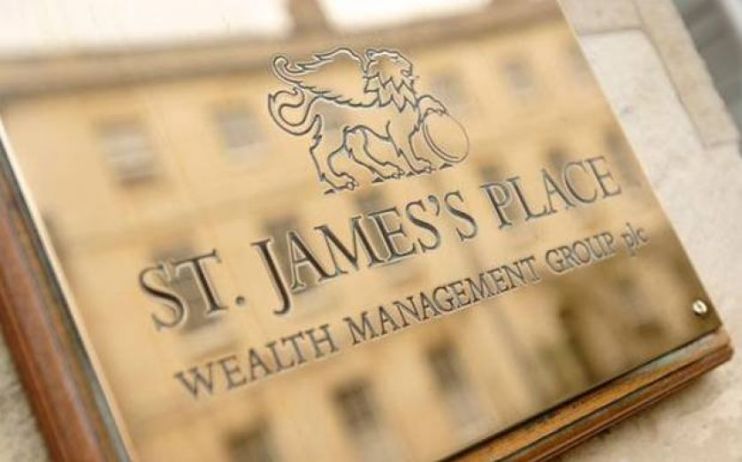St James’s Place shares slump after it reveals plans to buy up advisers’ books

Shares in St James’s Place (SJP) have slumped today after the firm revealed plans to raise cash to snap up the business of retiring partner advisers.
Britain’s biggest wealth manager said it is looking to use equity investment to take ownership of the client books of its network of partner financial advisers when they retire.
When SJP’s network of financial advisers retire, they often sell on their book of clients to other advisers. SJP can guarantee loans from banks to allow buyers to finance the deals.
However, speaking with the Financial Times, SJP’s chief operating officer Iain Rayner revealed today the firm was looking at buying those businesses rather than lending to others.
“We have been thinking about how we increasingly employ equity alongside debt to help with succession planning,” he said. “Providing continuity of client servicing if and when advisers retire and being able to occasionally move client relationships around the partnership is really important to us.”
The wealth management firm relies on some 2,622 partner firms to manage its relationship with some 914,000 clients.
The current mechanism has allowed SJP to retain its client base, but rising interest rates have dampened the appetite for borrowing among potential buyers.
One former SJP adviser told the FT he had been looking to sell his book of clients for a year and a half but had failed to find a buyer.
The update from SJP sent shares in the firm sliding beyond six per cent today. Shares in the firm have now tumbled beyond 40 per cent this year after a diffidult period for the company and wider wealth management industry.
SJP dropped its controversial exit fees after pressure from the regulator under its new beefed up Consumer Duty rules.
The firm last week also revealed an overhaul in its fund managers in a bid to cut costs, pulling $1.5bn from Jacob Rees-Mogg’s former fund manager Somerset Capital.
St James’s Place has also suffered a series of bruising headlines after freezing withdrawals on a property fund, and featuring heavily on the closely-watched ‘dog funds’ list of the worst performing investment vehicles in the industry.